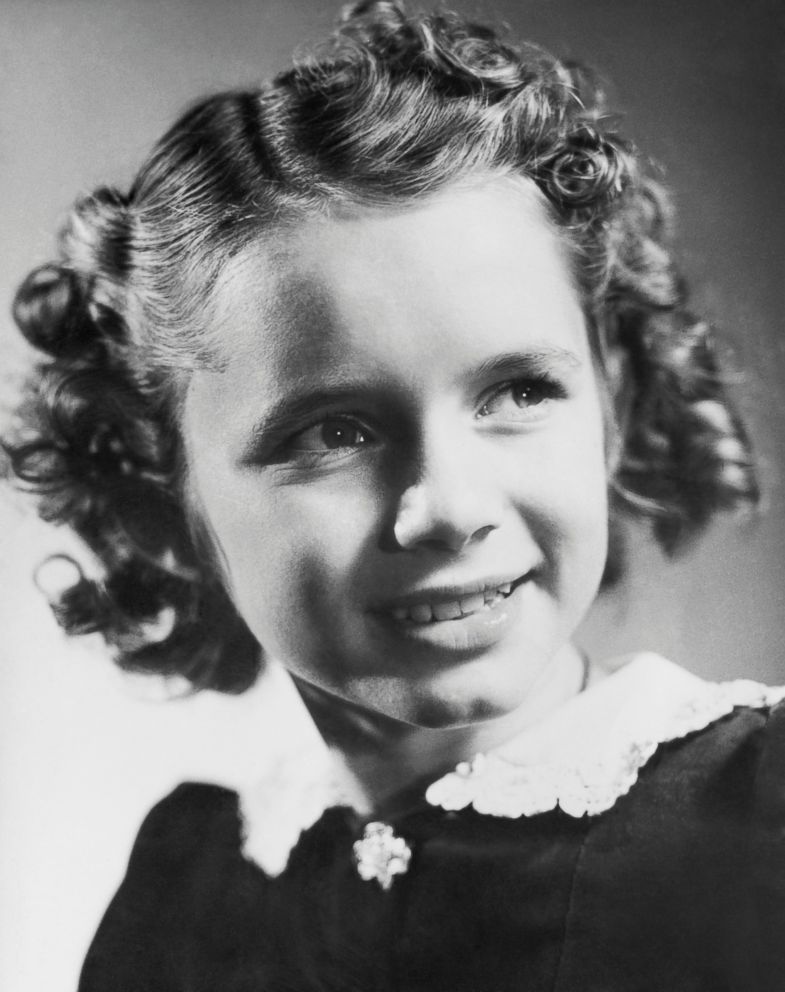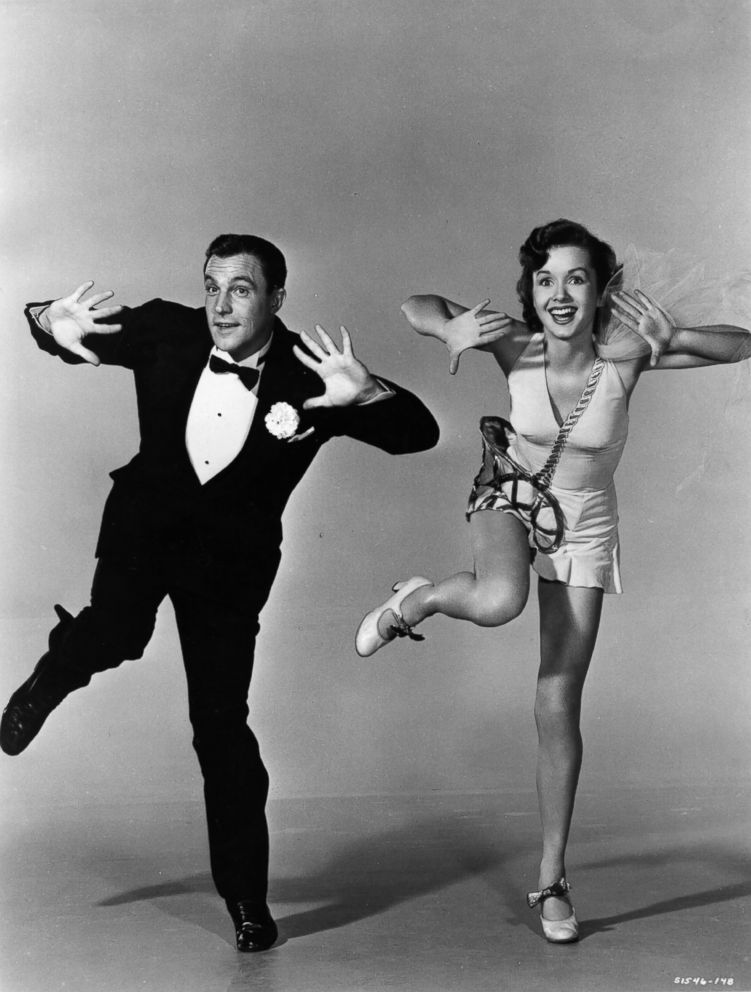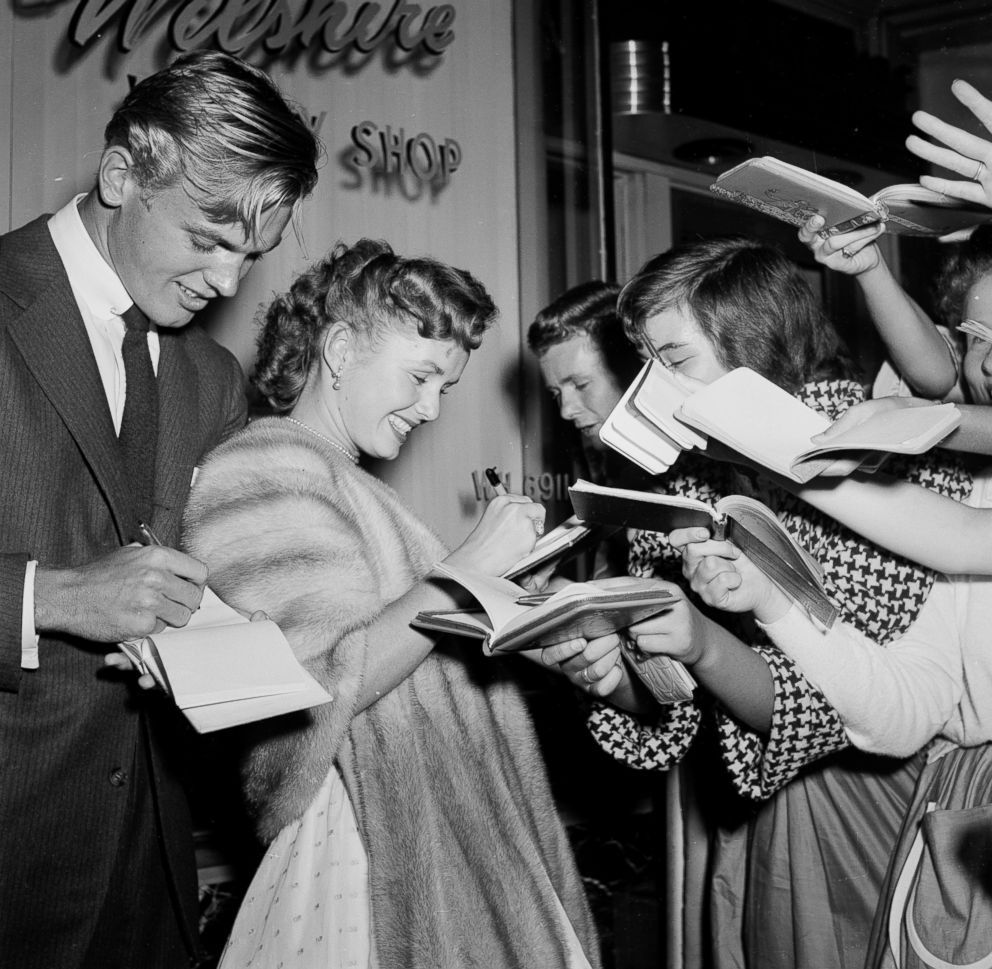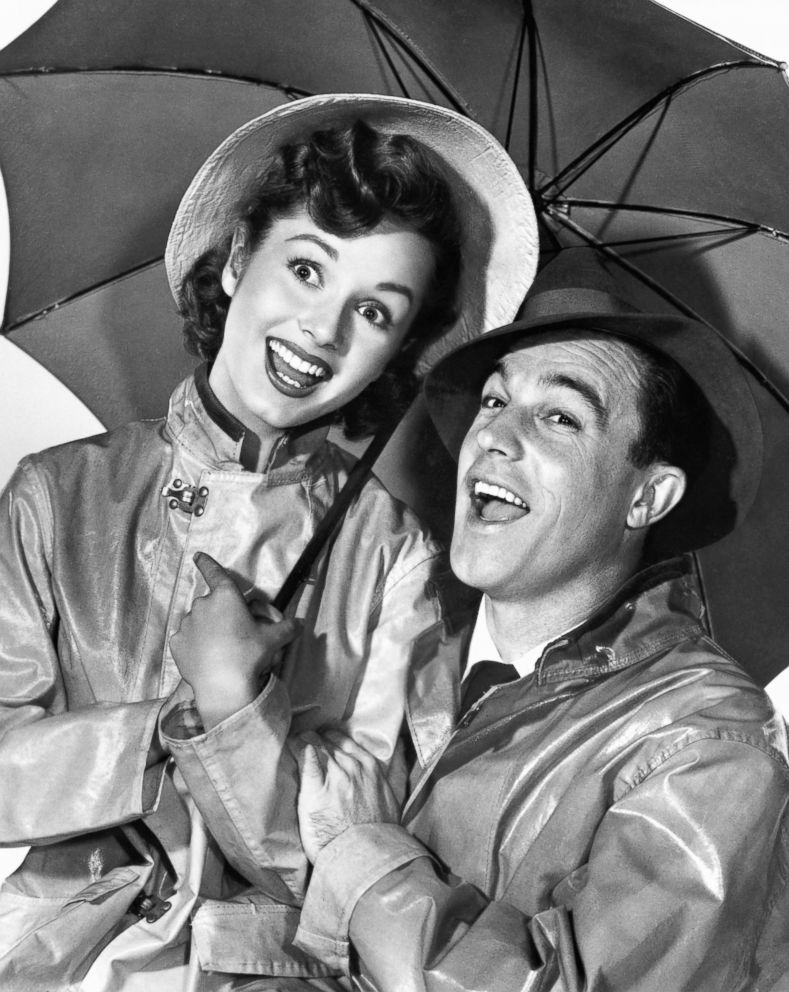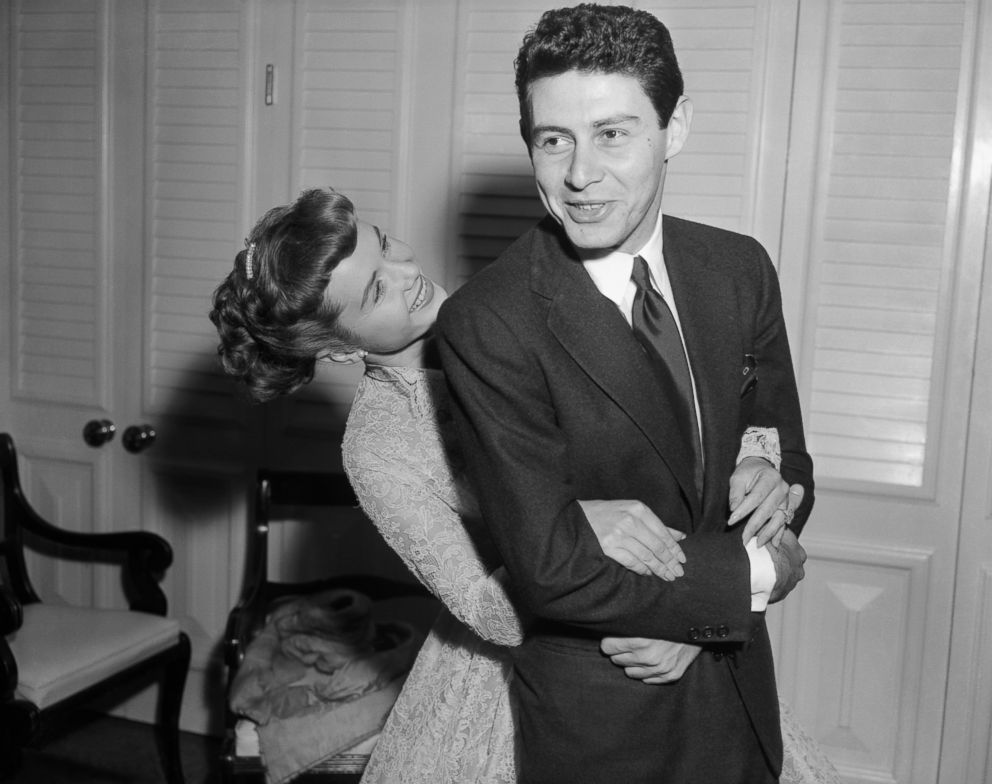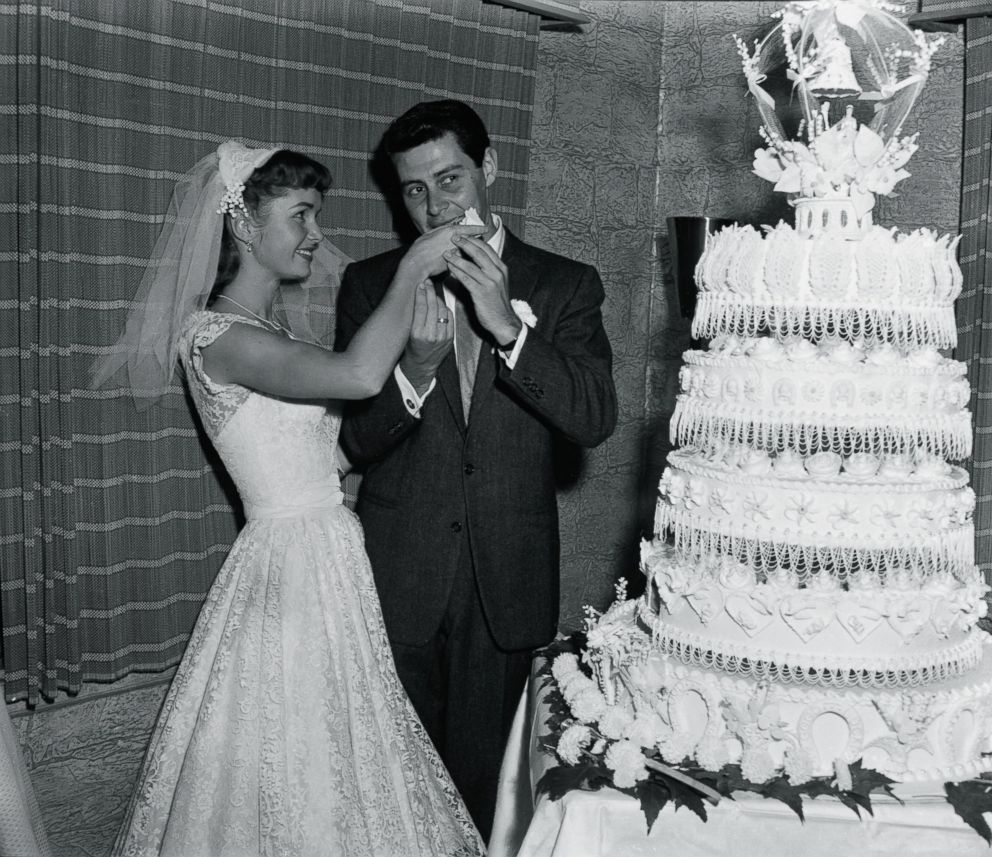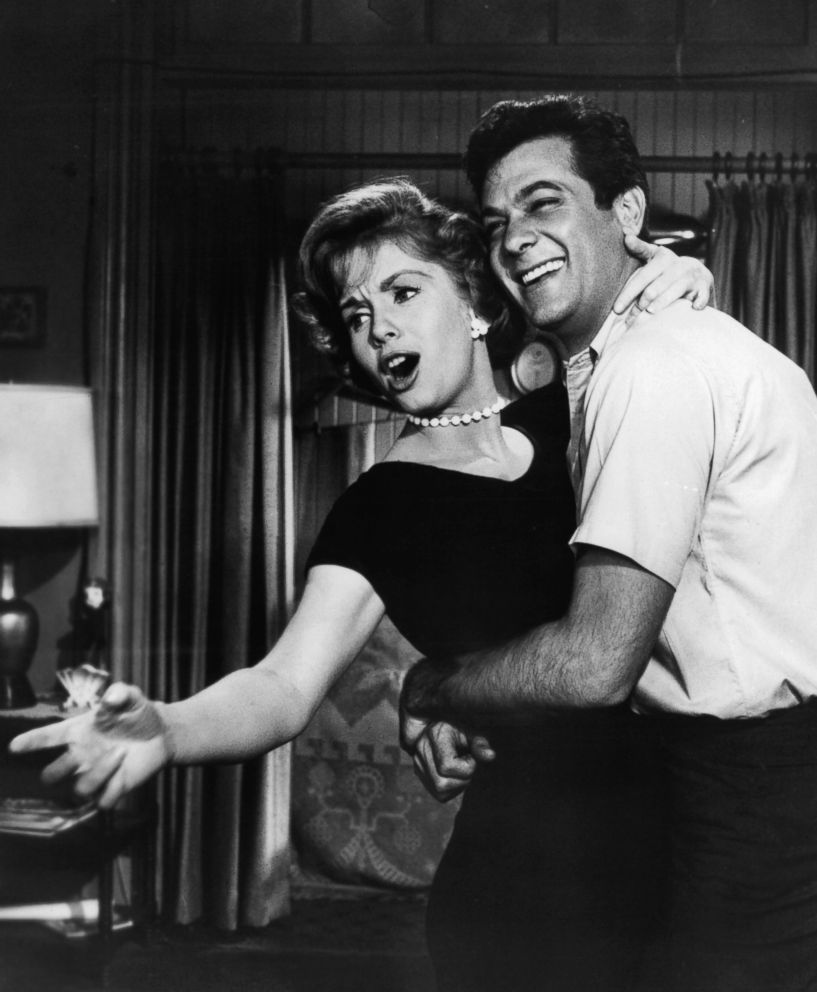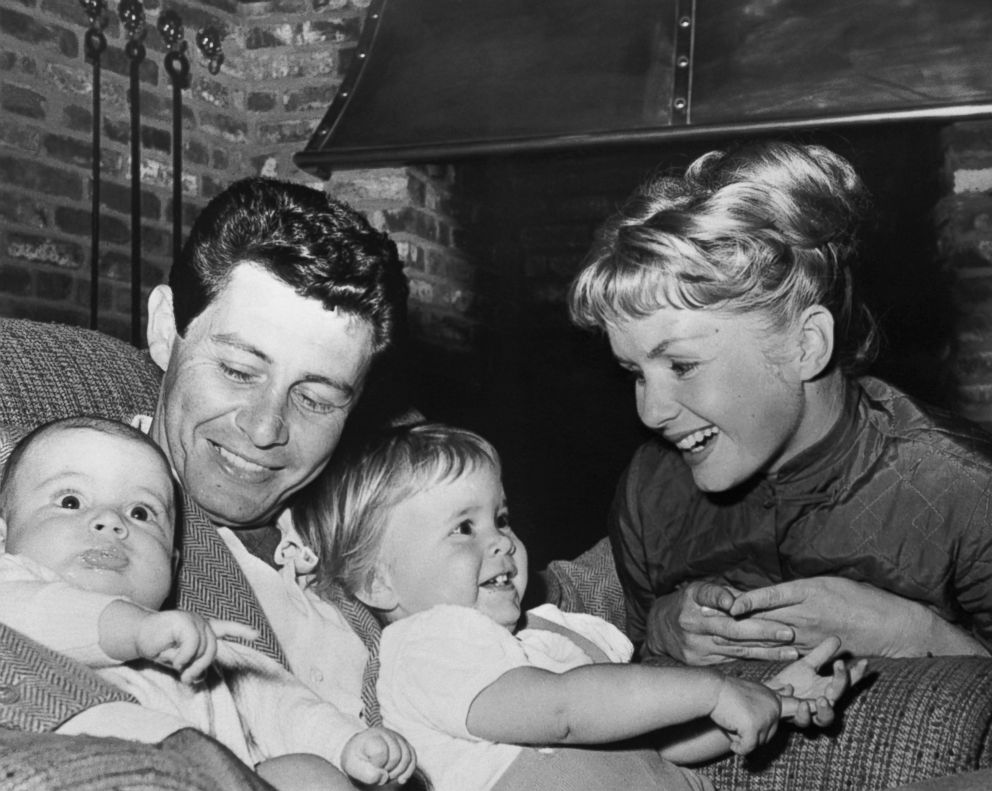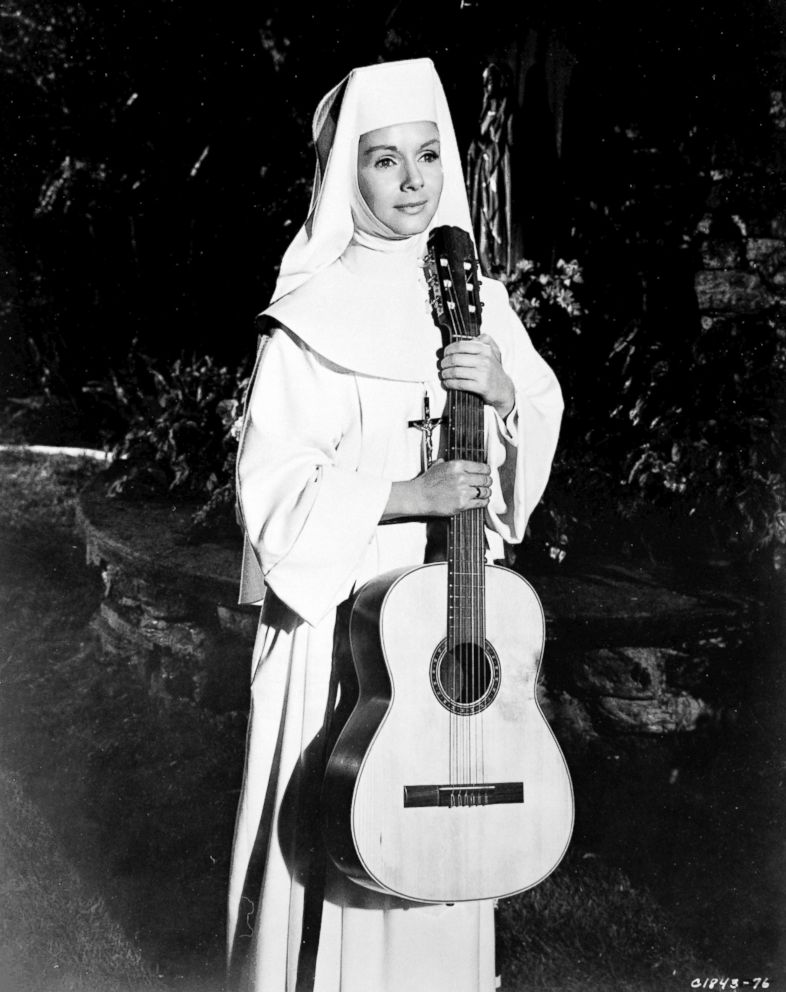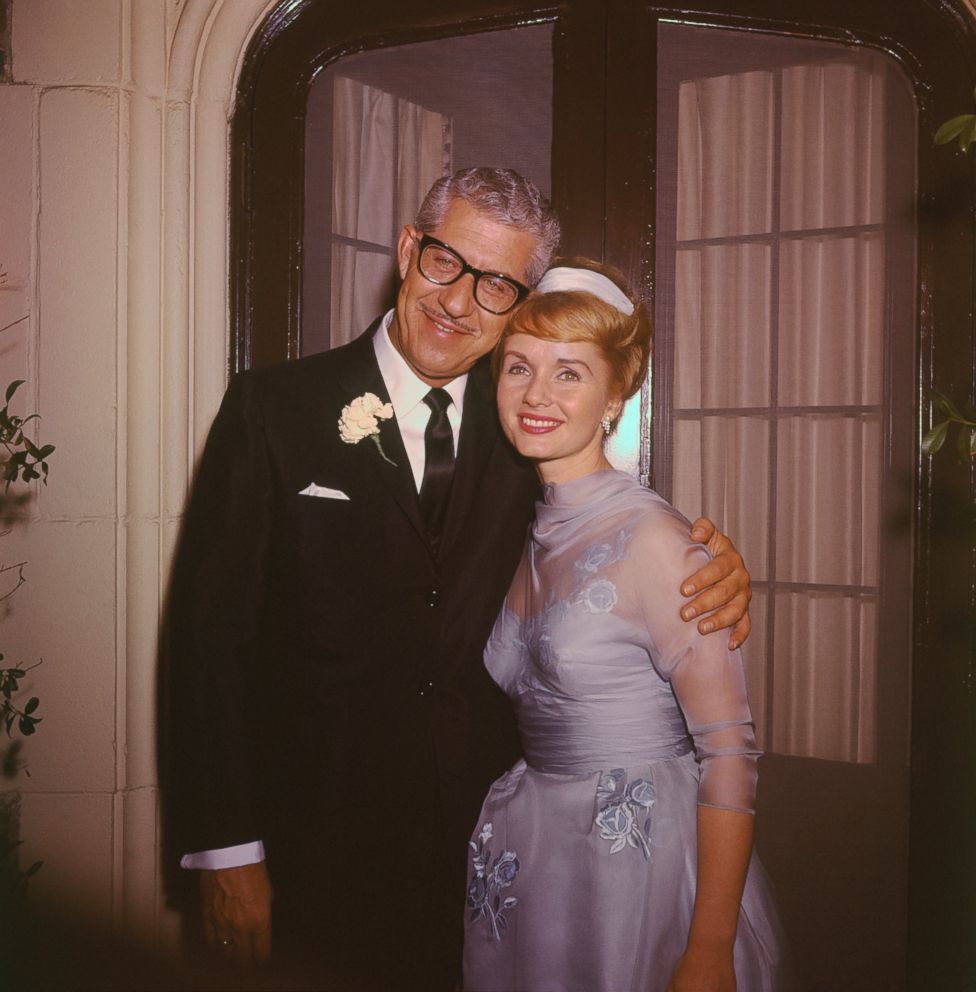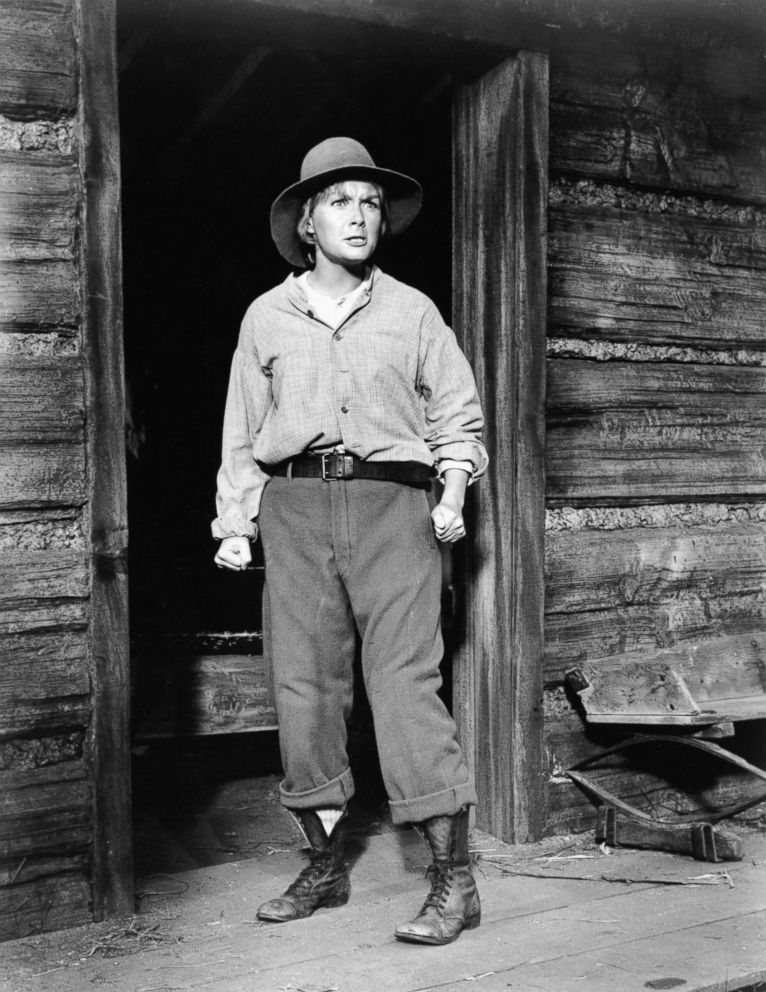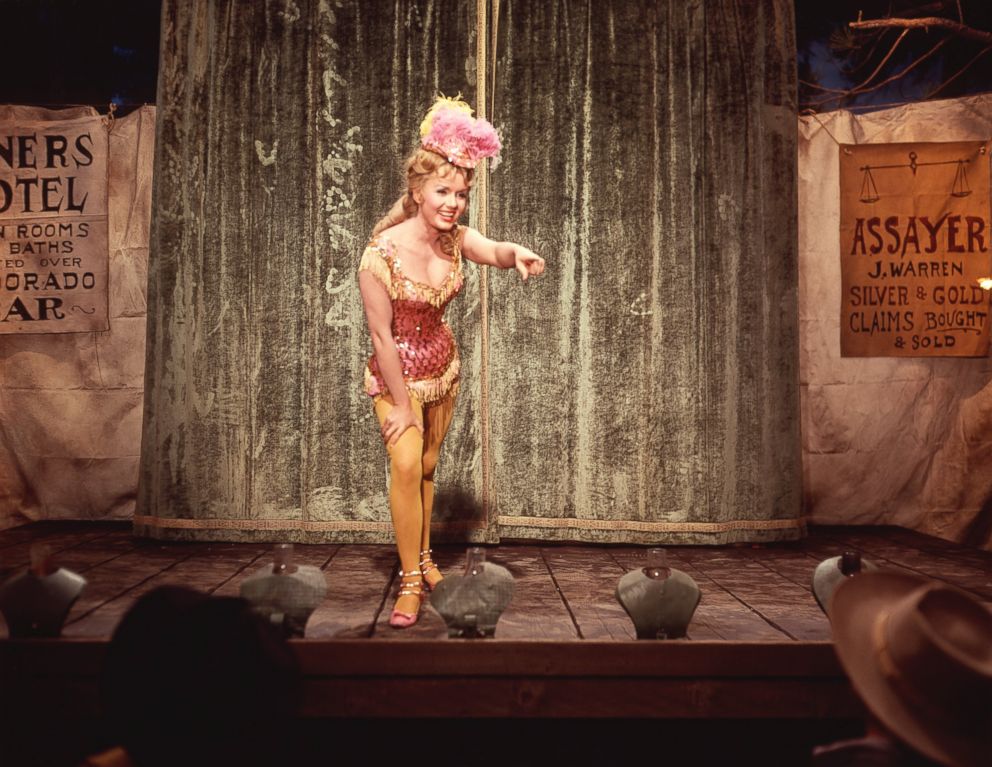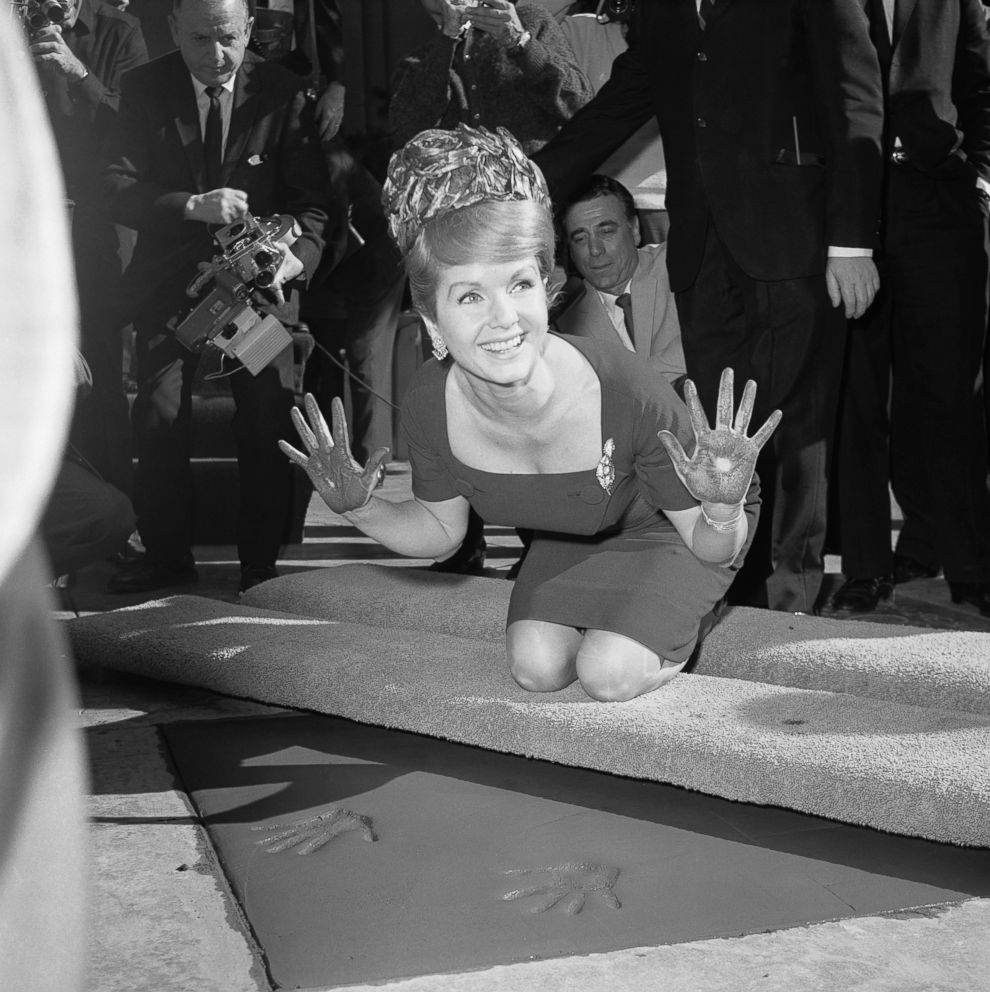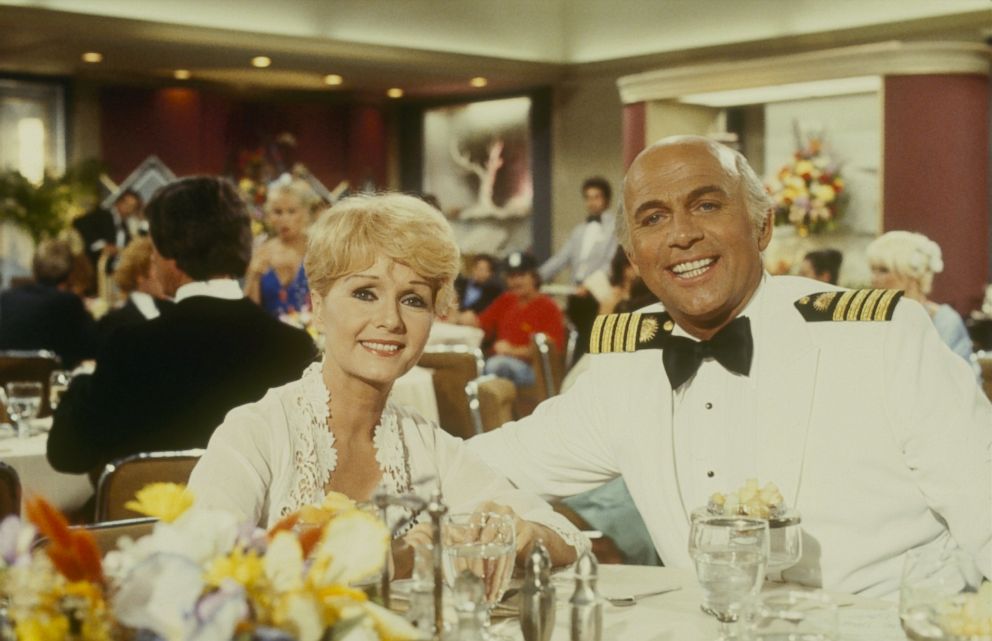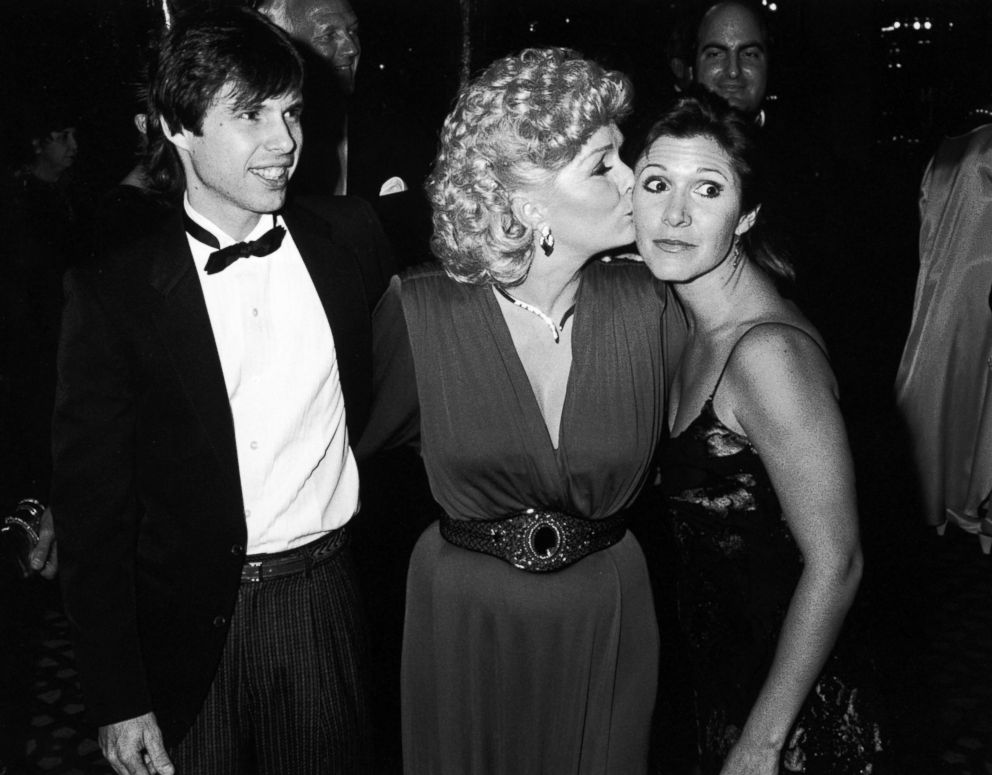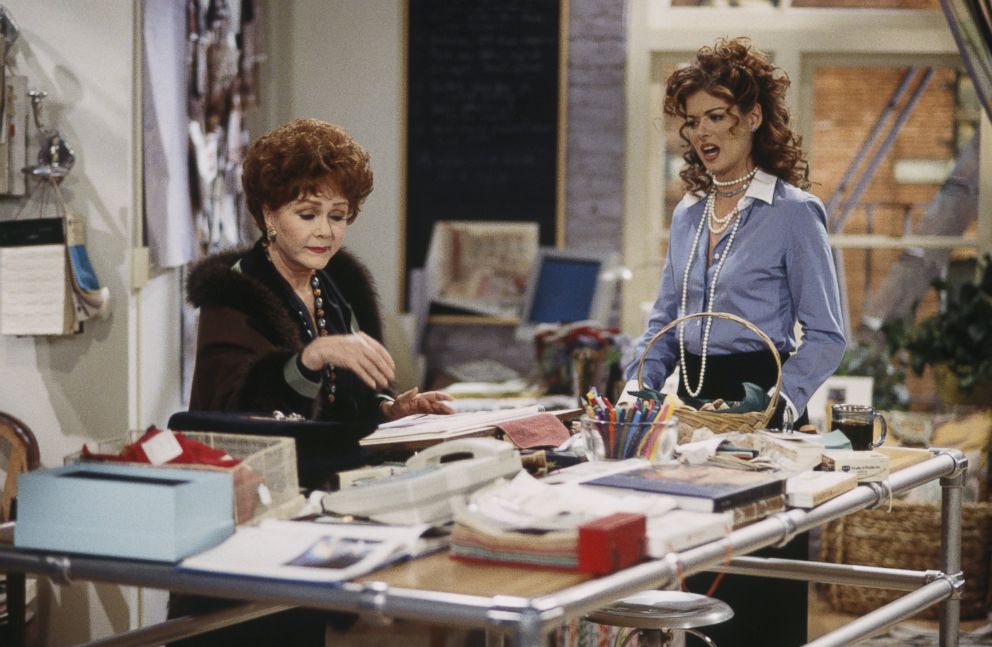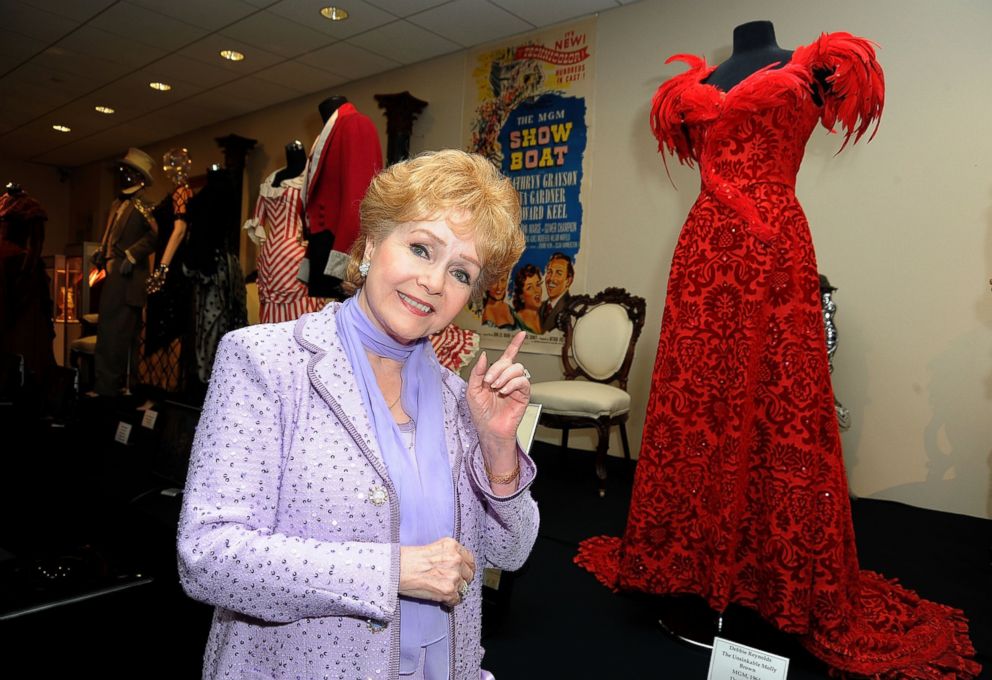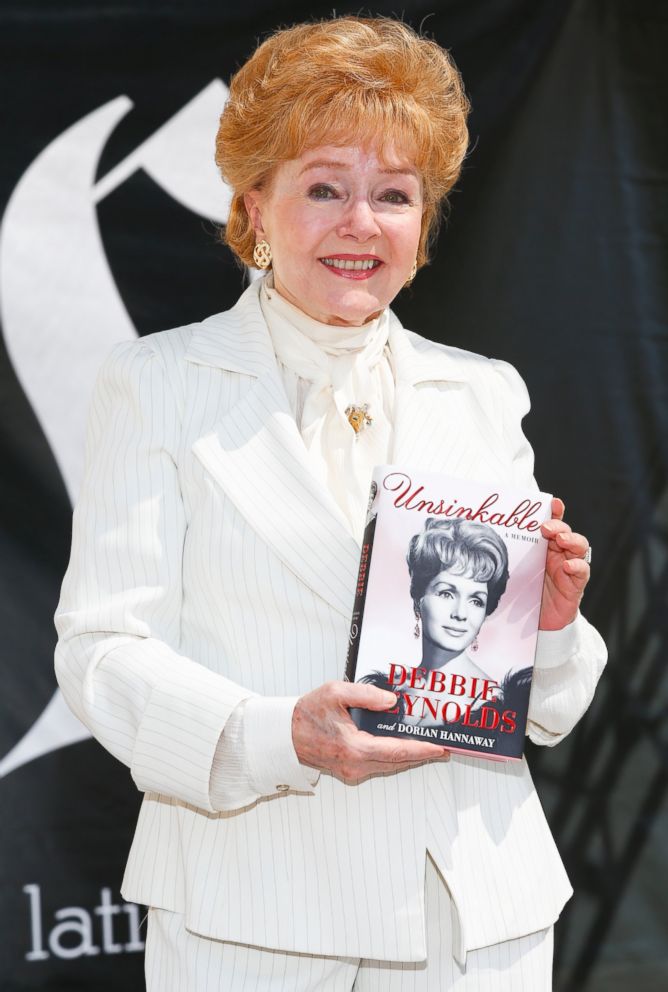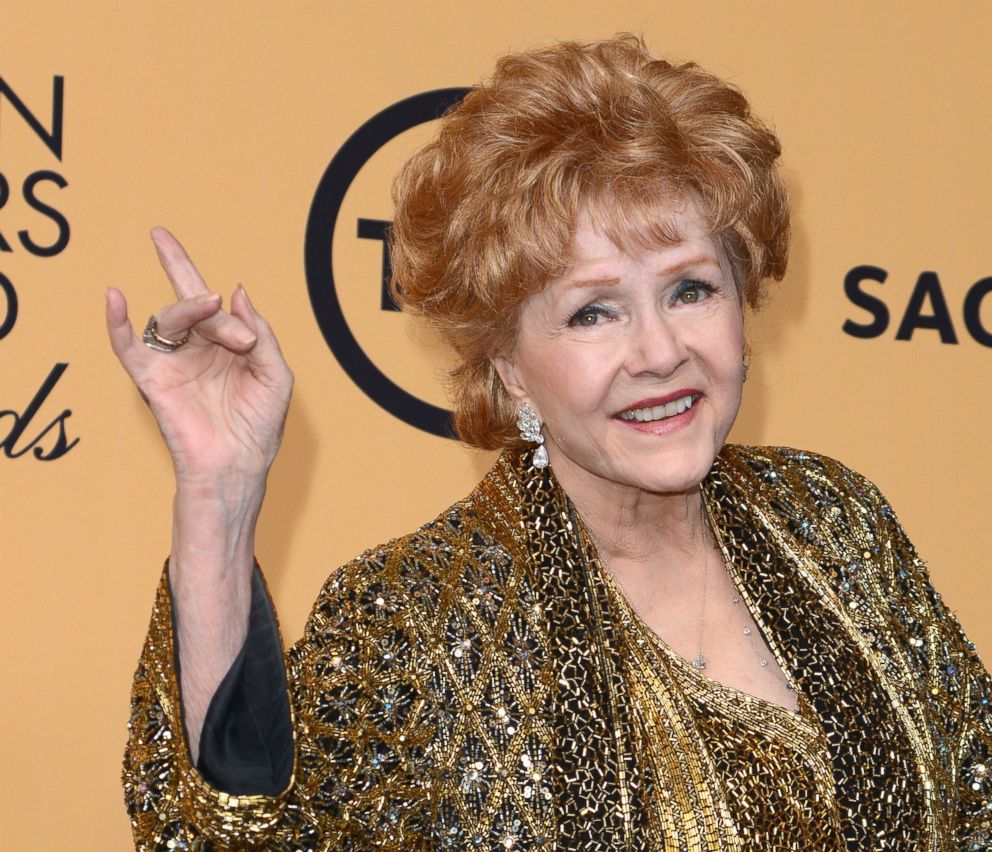Debbie Reynolds and Carrie Fisher: Inside Their Loving but Complicated Relationship
Reynolds died just a day after her daughter.
— -- They were together at the beginning and again at the end, but like most mothers and daughters, Debbie Reynolds and Carrie Fisher sometimes struggled in the middle.
But theirs was no typical mother-daughter relationship. When Fisher was born (her brother, Todd Fisher, arrived a year later), Reynolds was a major Hollywood star married to another huge star, singer Eddie Fisher. Carrie Fisher and her brother grew up Hollywood royalty, dealing with scandal, their mother's three marriages and an adoring public. But no matter how much friction there was between Carrie Fisher and Reynolds, there was always the love.
Debbie Reynolds: A Life in Pictures
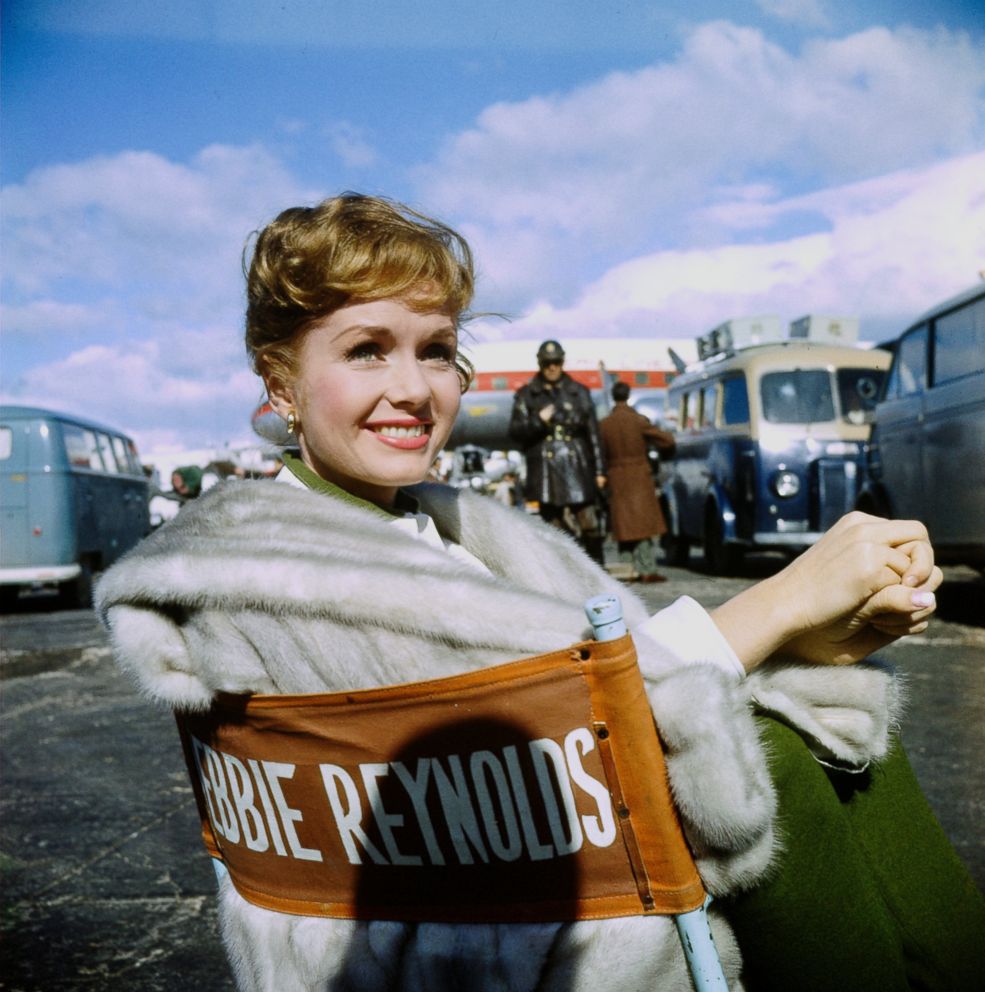
A day after Carrie Fisher died at age 60, four days after going into cardiac arrest, Reynolds, who lived next door to her daughter and even shared a driveway with her, suffered a stroke and died at 84.
"She said she missed her daughter and wanted to see her again," Todd Fisher told "Good Morning America" about his mother's last words to him. "I don't think she meant it quite like that, but in 30 minutes she went to go see her again."
"She literally spent her life caring after Carrie," he added. "I don't think she hardly knows what to do without having Carrie to look after. I think she wanted to be with her. I'm not joking when I say she left to be with her, and I'm happy about that. That's the only thing I'm happy about."
Carrie Fisher wrote and spoke openly about her famous upbringing in her semiautobiographical novel, "Postcards from the Edge," (later a movie with Meryl Streep and Shirley MacLaine) and memoir "Wishful Drinking" (later a one-woman show).
Here are some of Carrie Fisher's and Reynolds' words on their loving but complicated relationship:
"I am truly a product of Hollywood inbreeding. When two celebrities mate, someone like me is the result," the "Star Wars" actress wrote in "Wishful Drinking" about her parents, who were considered America's sweethearts in the 1950s.
Her parents' marriage ended when Eddie Fisher left Reynolds for Elizabeth Taylor — a huge scandal at the time. Reynolds kept going, raising her two children on her own while working in show business.
"My three husbands all left me for another woman, and obviously I wasn't a very sexual lady," Reynolds told The Express in 2015. "My husbands all repeatedly said the same thing — that I was not a very passionate woman ... It seemed that I was more interested in raising my children, not in pursuing my husbands."
Even so, Carrie Fisher struggled with sharing her mother with the public.
"It was complicated to go out in public with my mother because she was so famous," she wrote in "Wishful Drinking." "She belonged to the world. It was like being in a parade. 'Oh, my God,' people would say to her, 'I loved you in "Molly Brown."' Or: 'I saw you in Vegas.' So it was not like having private time with Mom. And I didn't like sharing her."
"When my mother was at home at weekends, we stayed with her as much as possible, which frequently meant we watched her dress and make herself up," Fisher wrote. "When Mom was at home, she did a lot of sleeping because she worked so hard, so Todd and I wanted as much of her company as we could get. I slept on the rug on the floor next to her bed, and my brother slept on the couch near the window. In the morning when Todd and I got up, we would creep out of her room so we wouldn't wake her."
Even though she would follow in her mother's footsteps — she made her stage debut in Reynolds' nightclub act at 13 and was cast in "Star Wars" at 19, the same age Reynolds was when she made "Singin' in the Rain" — Fisher said she often felt overshadowed by her famous mother.
"She was so beautiful, and I dreamed of looking like her one day," Fisher wrote in her memoir. "I think it was when I was 10 that I realized with profound certainty that I would not be, and was in no way now, the beauty that my mother was. I was a clumsy-looking and intensely awkward, insecure girl ... I decided then that I'd better develop something else — if I wasn't going to be pretty, maybe I could be funny or smart."
Friction developed between the two over the years, resulting sometimes in long periods of estrangement.
"I think we've always been open and honest — that's why we didn't get along," Reynolds told The New York Times in 2010. "As a parent, you must give your opinion. And if that causes a breach, then it causes a breach. Carrie and I have disagreements and stalemates, but we still walk away loving each other."
In the end, Reynolds was there for her daughter, through addiction and bipolar disorder.
"My lowest point in Carrie and my relationship was probably when we discovered that she was ill, or that she had this mental health problem, and that it was going to be with her forever," Reynolds told Oprah Winfrey in 2011. "That was very hard. How is she going to get along in life? How can I help her in life? All I could do is love her and always shall."
Fisher said she ultimately came to admire her mother.
"She's an immensely powerful woman, and I just admire my mother very much," Fisher told NPR last month. "There's very few women from her generation who worked like that, who just kept a career going all her life and raised children and had horrible relationships and lost all her money and got it back again."
Their last act together, it seems, will be "Bright Lights: Starring Carrie Fisher and Debbie Reynolds," a documentary about their lives in the spotlight, which debuted at the Cannes Film Festival in May. It will air on HBO early next year. Fisher said wanted to make the film because of her mother's declining health.
"I didn't know how much longer she would be performing," she said of her mother in an interview with The Washington Post during Cannes. "It's the thing that gives her life, but it was also pulling it out of her, because she'd perform and then she'd have to recover. But this is someone who wants to go back and do it now."
In the end, it was her mother's ability to keep going that Fisher said she appreciated most.
"If anything, my mother taught me how to sur-thrive," she told The New York Times in 2010. "That's my word for it. She would go through these amazingly difficult things, and the message was clear: Doing the impossible is possible. It's just not fun. She broke her ankle one night during a performance and went back onstage and sang 'Tammy' with her foot in a bucket of ice. She should be put on that thing with the four presidents — Mount Rushmore. Right after Teddy Roosevelt, but have his eyes looking down at her cleavage."
